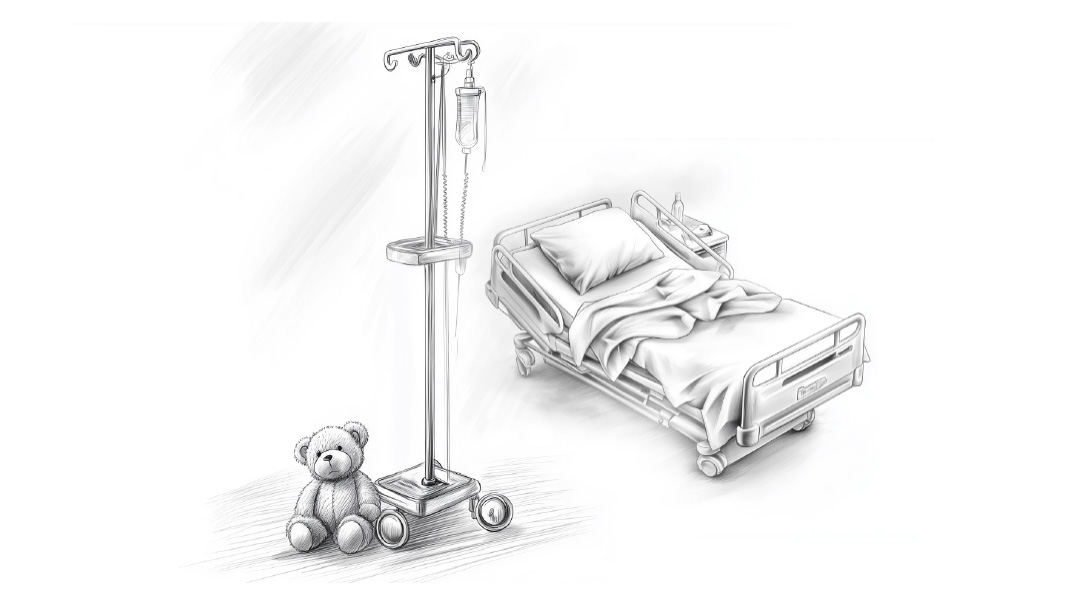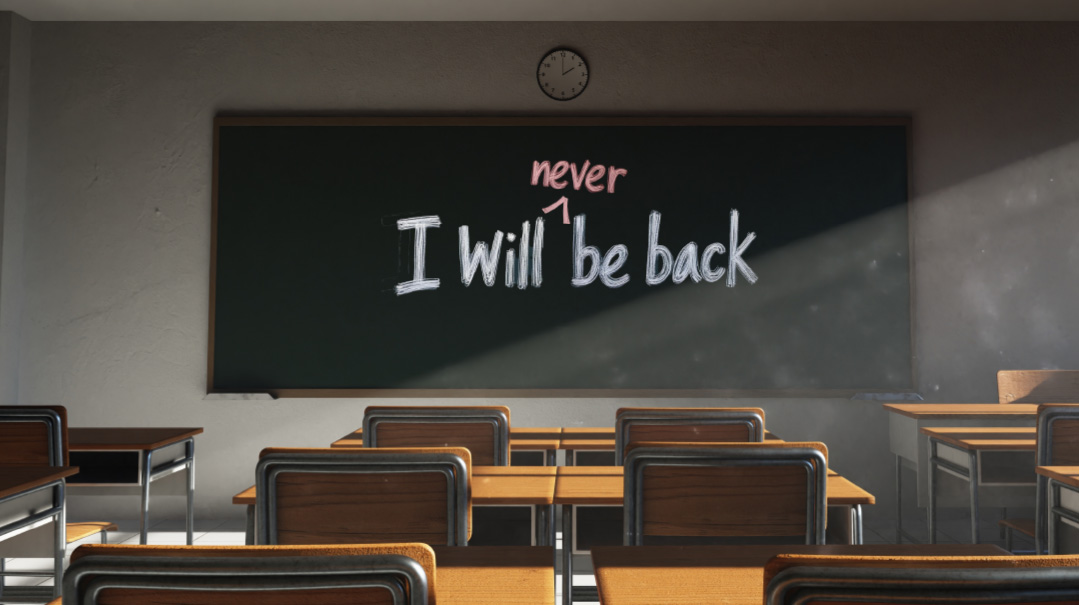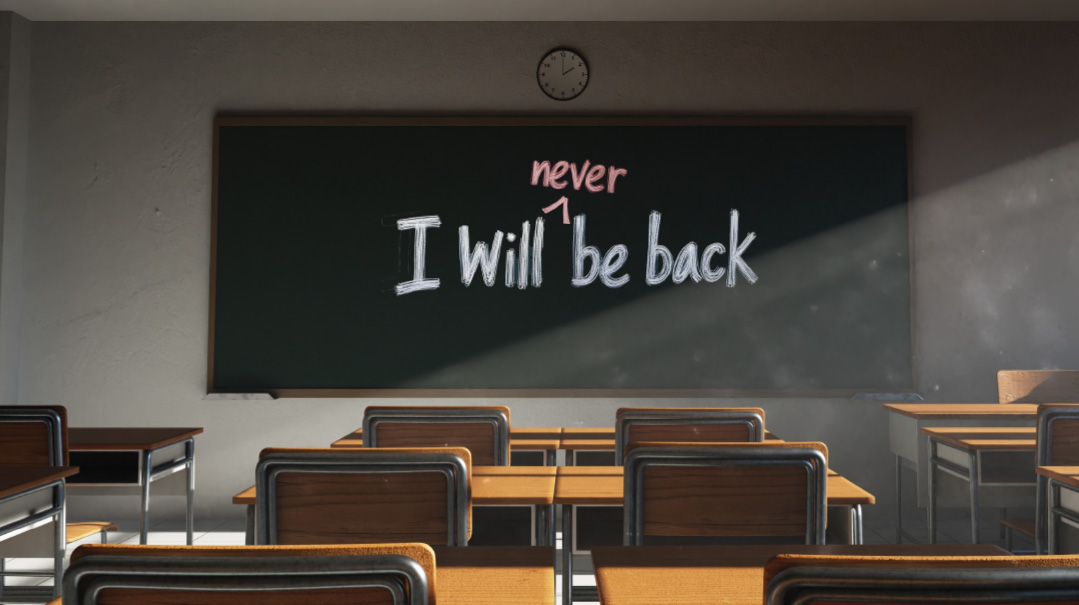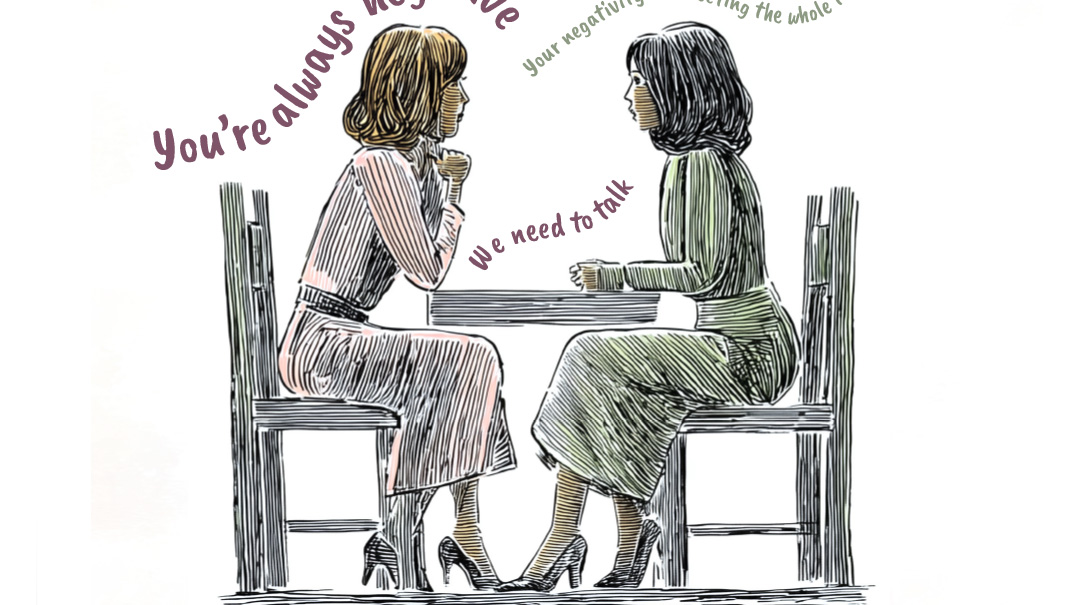Look to the Future
| January 14, 2025As hard as it is, try to focus on the future. Then make the choices that will get you there

WE get phone calls from families in medical crises all too often: “My wife hasn’t left my child’s side in the hospital for the past week.” “My mother and father don’t come home, they’re just staying in the hospital. We miss them. We need them.” “How can I manage? What should I do?”
We get these calls because we’ve been there — and along the way, we made a number of conscious decisions about what we want our family to look like.
Some crises pass quickly. But others are long-term or permanent situations. And when I speak to families dealing with these crises, the conversations can be tough. Sometimes they want to hear how my family managed. Sometimes they’re upset at what I have to say. But I always tell them the same thing: Look into the future. How do you want this crisis to end? Not what outcome do you want — that’s not in our control — but what do you want your family to look like when this crisis is over? Always, always try to look ahead. As hard as it is, try to focus on the future. Then make the choices that will get you there.
But before I talk about the future, let me tell you about my past.
We were a young couple with four little kids when we learned that my husband had cancer. The diagnosis left us reeling. How could we possibly weather this? We knew we were in for the long haul; best-case scenario, the doctors told us, his treatment would be grueling and would last for a year and a half.
As we sat together and used words we never imagined would apply to us — chemo, radiation, hospitalization — we realized that we needed to look to the future. What would our family look like if the mother wasn’t around for a year and a half? What would our two-year-old look like? What would our four-year-old look like? Kids need their mother. If I was in the hospital all day, it would really affect them. So as we rebuilt the structure of our lives, we focused not on the day-to-day struggles and schedules, but on the future family we hoped to build. And that focus meant that I needed to be home with my young family. When my husband was hospitalized, I went to him in the mornings and returned in time to greet the children coming home from school; if I went back in the evening, it was with the kids.
It was a long road. One and a half years turned into two and a half. There were side effects and surgeries, emergencies and infections. But baruch Hashem, we made it through. My husband went into remission, and we went back to day-to-day life. I returned to work. We had more children, never taking any of these brachos for granted.
And then, one evening, we were struck again.
Oops! We could not locate your form.







